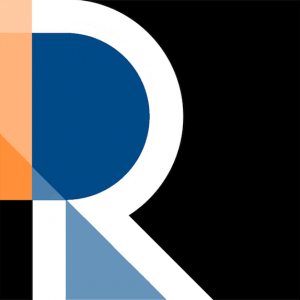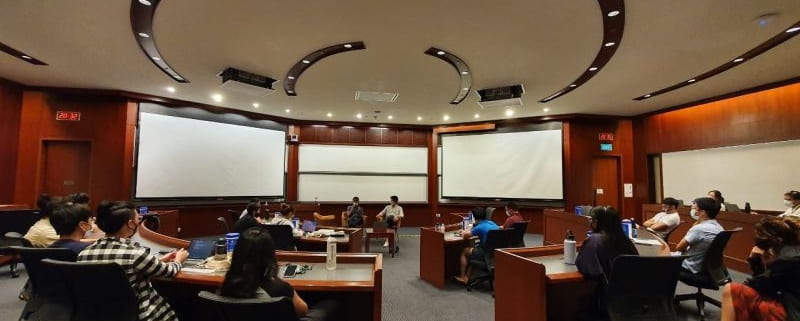Moderator’s Reflection: Online Discourse in Singapore
Roosevelt Network@Yale-NUS hosted a fireside chat on the state of online discourse in Singapore. We were privileged to have Mr Aaron Maniam, Deputy Secretary at the Ministry of Communications and Information to come down and share his insights.
The following is a collection of the moderator’s key reflections of the panel discussion.
By Sean Low (’24).
Key Takeaways from the Online Discourse Fireside Chat
Free speech legislation has to simultaneously protect freedom of expression while preventing polarization
- Social media enables the masses to circumvent traditional media institutions like publishing houses, newspapers, etc and make their opinions known.
- This newfound egalitarianism has the potential to make public discourse more vibrant.
- But digital platforms also amplify the spread of incendiary misinformation.
- Hence, regulatory action has to achieve the dual objectives of maintaining freedom of expression while preventing polarization, among other aims.
- These actions have to be impartial to prevent despotism, while also being nimble enough to stem misinformation before it proliferates online.
A consultative approach to managing online discourse might be useful but has its limitations
- Users could be a key stakeholder to develop guidelines on the boundaries of acceptable digital discourse.
- They could provide much-needed contextualization that helps avoid blanket, one-size-fits-all solutions.
- However, operationally it might be challenging to (1) convene a focus group that is truly representative of a diverse user base (2) foster agreement within such a diverse group through deliberation.
- Furthermore, an over-emphasis on deliberation might risk alienating those without the skills/expertise to make the most of deliberative experiences, and create an exclusionary effect.
Inter-government collaborations and public-private partnerships enable small states like Singapore to better manage digital platforms and their algorithms
- Many have hypothesized that the threat of digital platforms comes from its algorithms that sometimes privilege powerful actors and incendiary information.
- Singapore, like other small nation-states, thus faces limits to its digital sovereignty as it does not have direct policy levers over these algorithms.
- That said, collective or collaborative regulations from coalitions of nations might help negotiate against platforms.



Leave a Reply
Want to join the discussion?Feel free to contribute!